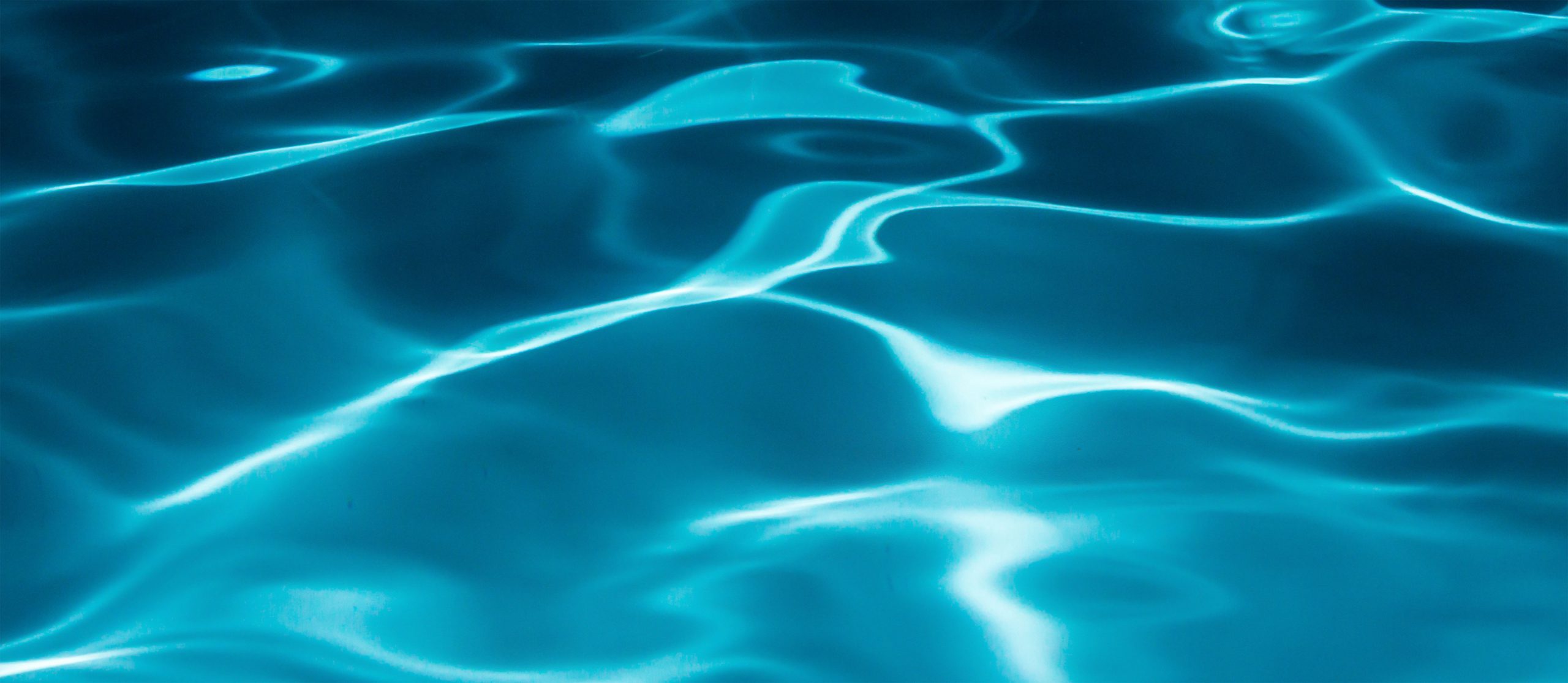3 types of pool filters to consider
- May 30, 2014
- Pool Maintenance and Renovation,
The list of responsibilities associated with owning a pool can seem never ending, as swimming pools require a considerable amount of attention and maintenance. While your pool service company can help you with the larger and more difficult tasks, you can take some steps on your own to improve the performance of your pool.
One of the important decisions you can make is choosing the optimal pool filter from the three popular options available to owners – DE, sand and cartridge. Each has its benefits, but your choice should ultimately be determined by your pool usage and personal preferences.
- DE filters: This type, short for diatomaceous earth, is the most effective forms of filtration, according to TroubleFreePool.com. DE consists of fossilized diatoms, which are sponge-like microscopic organisms that work to provide extensive filtration. When it comes to water clarity, this filter has little competition from other models, and this is especially true when swimming at night. However, DE does require more care and maintenance than traditional sand filters. Depending on town and city codes, you may be required to purchase a DE separation tank for backwashing the filter and preventing any materials from escaping the system. This can add some extra expenses and take up space in your swimming area.
- Sand filters: PoolSupplyWorld explained that this filter type is generally considered one of the more affordable options for pool owners. Essentially, it uses specially-designed filter sand that removes dirt and other debris from the water that runs through the system. Once it's clean, the water flows back into the pool through the bottom of the filter. The sand filter also utilizes a backwashing effect that removes waste from the system itself, creating a self-cleaning function that prolongs the filter's function. Based on usage, the sand is typically replaced every five to seven years. Some of the distinct advantages of this system include its easy-to-operate functionality and ability to remove 40 micron-sized dirt. However, they do require frequent maintenance, which can drive up costs in the long run.
- Cartridge filter: In comparison to sand and DE filters, cartridges fall in between the two. There's no backwashing effect involved, so your water balance tends to stay consistent, TroubleFreePool.com explained. Their filtering capabilities are similar to DE filters, as they can reduce dirt to as low as 10 microns. However, cartridges do wear out over time and have to be replaced every few years with new filters. Your decision on this type should be impacted by the size of your pool, as it's less than ideal for larger pools. The cleaning of cartridges can be particularly messy as well, as it can take up to a half hour to complete the entire process. Each filter has to be cleaned individually with a pressure-tipped hose, which can be time consuming.
While each type has its pros and cons, you'll eventually be making a compromise among the three filters. Between filtering abilities, cost and maintenance issues, the available options all have viable reasons to consider them for your San Diego swimming pool.


